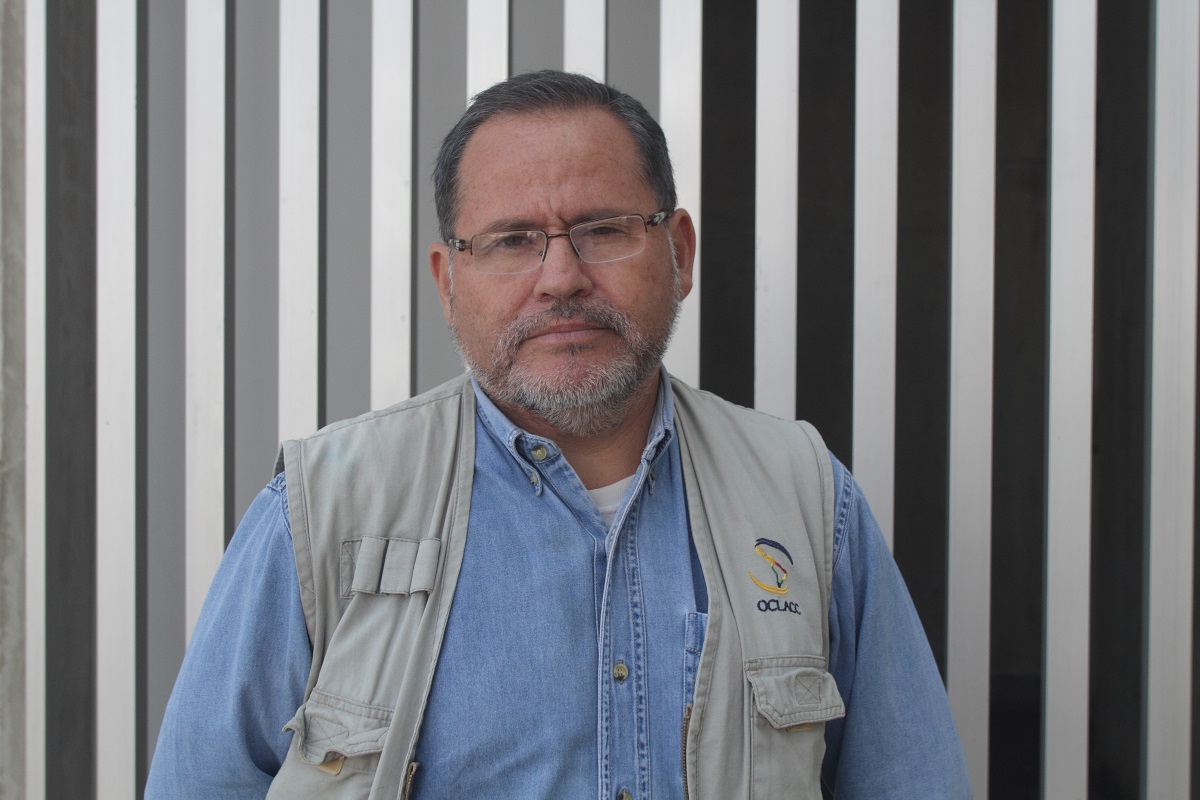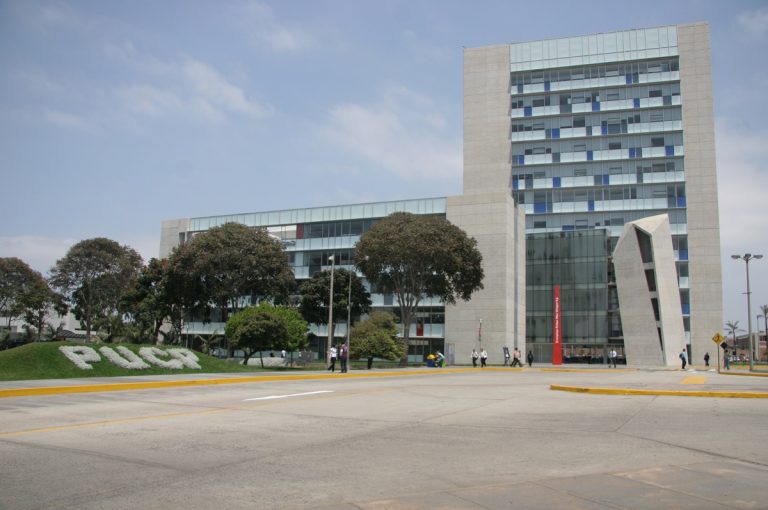“The problem in Venezuela is the lack of intermediaries”

Since last week, student and opposition-led protests against President Nicolas Maduro’s government and ‘Chavismo’, and the confrontations between the government and the opposition in Venezuela have left three people dead and several others injured. The massive mobilization, which will most likely continue over the next weeks, has turned the eyes of other Latin American countries to Venezuela, and to the possible destabilization of this oil dealer country’s democracy due to the increasing violence. Ramiro Escobar, international and political analyst and professor at the Communications Department, shares his take on the Venezuelan crisis, and he outlines the possible responses from the Union of South American Nations (Unasur).
Texto:
Vania Ramos
Venezuela’s government has labeled these protests as an attempt of a coup against the state. Is there any possibility of a coup in Venezuela?
There have been many attempts of a coup in Venezuela recently. In April 2002, for example, there was an attempt of a coup against Hugo Chavez. He was thrown out of the power for a few hours, and was only able to come back after the Guardia de Honor, the president’s security force, took back the Miraflores Palace from Pedro Carmona, who promoted the coup. Before that episode, Chavez himself supported two coups, and failed in his attempt. In the first one, he was incarcerated; in the second one, some of his followers were unsuccessful in staging a coup d’état. Differently from other Latin American countries, where for some years now this situation has not been happening, a coup is not an unusual event in Venezuela. This is a possible situation and, for me, a not desirable one. A coup should not happen because it would aggravate the circumstances. Nevertheless, Maduro’s regime is so fragile that there is a chance that some fractions of the opposition are considering a coup. That does not mean that all of them are.
Differently from last presidential elections, in this opportunity the opposition is not gathering around one single figure, as what happened with Henrique Capriles last time. Is a coup plausible with that fragmentation?
The opposition in Venezuela is diverse, and it includes both the left and the right wings. One party from the militant left is even included in the board of Unidad Democratica, as well as the most traditional parties in Venezuela, like Accion Democratica or Copei. The variety of political groups composing the opposition is vast. It is possible that a fraction of it is conspiring against the government, but I think that for a coup to actually happen, some members of the military should oppose to the regime and take part of it. That is very problematic, because the Chavista regime has not only had a good relationship with the military forces over the years, but because it has also co-govern with them. Some people in the military hold political positions. Even though it is very difficult to break that alliance down, it is, sadly, still a possibility that cannot be dismissed. In cases like the Venezuelan, where the political instability is high, there is always a chance for that situation to occur.
The confronting positions of the government and the protesters leave little space for dialogue. How long can this situation endure?
From my perspective, political dialogue is at this time not optional, but mandatory. When a country faces a situation like this one, it has two options: keep walking towards its own breakdown, or look for a dialogue or negotiation to face the political crisis. The problem in Venezuela is that, for a few years now, nobody or almost nobody takes the middle ground; there is a lack of intermediaries. Both the government and the opposition have the wrong attitude. To be sure, there are two different trends within the opposition. The fist one is lead by Leopoldo Lopez and Maria Corina Machado. This is a radical trend. In fact, the revolts during the past days are called “La salida” (The Exit). They are subtly asking for the exit of Maduro, they are not trying to negotiate. On the other hand, Henrique Capriles proposes a long-term plan: to work in a social and political level for a possible negotiation or a transition within the constitutional frame. From my perspective, this is the most reasonable option in order to stop the killings, which have to be avoided no matter what.
Unasur has pronounced about the situation in Venezuela, and has called for peacetime. Should it have a more active role in dealing with this situation?
They should have pronounced a long time ago. I don’t think Unasur is linked to Chavismo. That would be exaggerated, as the governments from Chile, Colombia, and even Peru are part of it. Unasur is not dealing with this issue more emphatically not because an ideological reason, but for a practical one. Venezuela has been providing oil to other countries, Paraguay among them, and it has, therefore, a set of compromises. Those are the details of international policy that we need to understand. This situation is not a result of a sort of obsession or loyalty to the Chavista regime. Some governments are more judicious than others with their actions. I think that when a situation reaches dangerous levels, as I believe this one has, more clarity in demanding a negotiation or more political stability are needed. It must be clarified where the violence is coming from. That cannot longer be postponed.
Translated by Rosario Yori
Leer en español Ramiro Escobar: “El problema en Venezuela es que no hay mediadores”



Deja un comentario